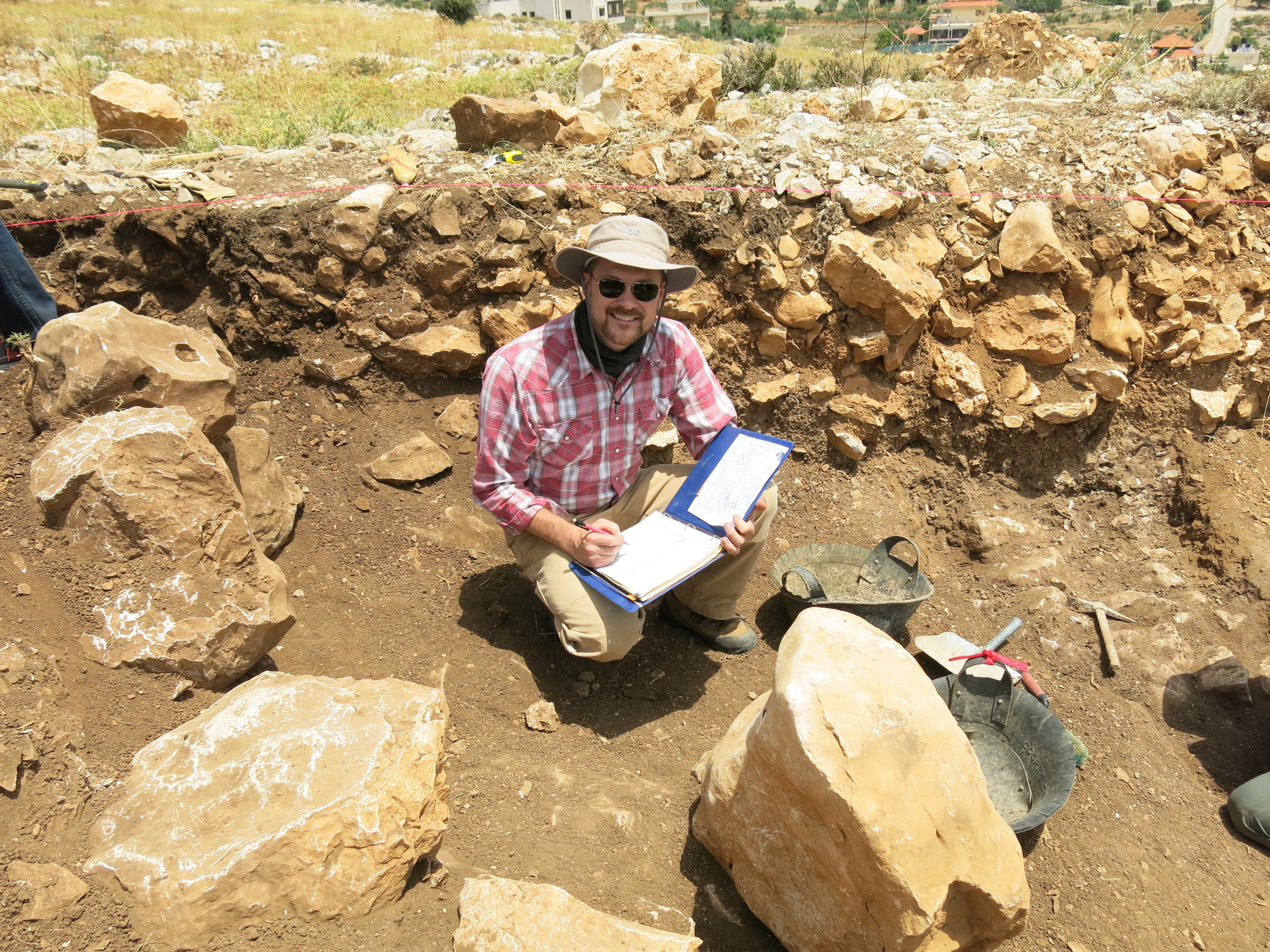The Wisdom Chronicle is designed to bring nuggets of wisdom from the dozens of books I read every year in all genres. Each week, I endeavor to share the best of what I have gleaned. The determination of relevance lies with you. Blessings, Jim Whiddon
171. DATING “Who can I date?” question has two parts: (1) You can date anyone it would be okay to marry; and (2) You can’t date anyone it wouldn’t be okay to marry. Why these rules? Because dating is about marriage. It’s not a search for fun or a search for sex. It’s a search for a suitable marriage partner. Marriage is the state men and women were designed for, not dating. If you merely want to socialize without excluding members of the other sex and without the intention of marriage, okay, but you’re better off doing that in groups.”
Excerpt From: Budziszewski, J. “How to Stay Christian in College.”
172. COURAGE “Life shrinks or expands in proportion to one’s courage.”
— ANAIS NIN
173. COURAGE “Winston Churchill is often quoted as saying, “There comes into the life of every man a task for which he and he alone is uniquely suited. What a shame if that moment finds him either unwilling or unprepared for that which would become his finest hour.”
Excerpt From: Rainey, Dennis. “Stepping Up.”
174. F.E.A.R = False Expectations Appearing Real –Don Truex
175. CHRISTIAN FRIENDSHIP “Men are notoriously bad at friendships. Wait, that’s too generous. Actually, we’re pathetic at being a friend. Either we surround ourselves with a group of “men” or “guys” who help keep the bar safely within reach (this way we can feel good about ourselves), or we isolate ourselves (this way we don’t have to deal with it). In the first instance, we’re never challenged as we dwell safely in mediocrity. In the second instance, no one ever gets in to see the truth. If someone did get in, the exposure would be too embarrassing. In either case, it’s a recipe for immaturity and stagnation.” It’s wrong to operate with friends on surface levels. It’s disingenuous and dishonest to pass the time in friendships serving up platitudes and niceties”
Excerpt From: Byron Forrest Yawn. “What Every Man Wishes His Father Had Told Him.”
176. JEWISH BUSINESS LAWS “The constitution of Judaism, known in its totality as the Torah, a comprehensive blueprint of reality whose foundation is the Bible, contains over ten times as many laws dealing with honesty in business as it has laws concerning the kosher dietary rules. Furthermore, to accept the theory that Jews prosper primarily by cheating, we would have to accept that cheating, or being obnoxious, confers an advantage in business. But dishonesty and loathsome behavior only pay off in the very short term. Reputation is key.”
Excerpt From: Rabbi Daniel Lapin. “Thou Shall Prosper.”
177. FATHERS “God gives us a unique opportunity as fathers to join him in what has to be one of the most noble, transcendent assignments we’ll ever have as men: He gives us the privilege of joining with Him in shaping the next generation of men.”
Excerpt From: Rainey, Dennis. “Stepping Up.”
178. DEMOCRACY “One story Plato used to teach about the limitations of democracy was about a ship in the middle of the ocean. On this ship was a gruff, burly captain who was rather shortsighted and slightly deaf. He and his crew followed the principles of majority rule on decisions about navigational direction. They had a very skilled navigator who knew how to read the stars on voyages, but the navigator was not very popular and was rather introverted. In the panic of being lost, the captain and crew made a decision to follow the most charismatic, eloquent, and persuasive of the crew members. They ignored and ridiculed the navigator’s suggestions, remained lost, and ultimately starved to death at sea.”
Excerpt From: Simmons, Annette. “The Story Factor.”
179. CHRIST “God knew that the law as laid out in the Old Testament was confusing and hard to remember; so he sent his Son to earth as a person in whom we could see the perfection of the law. By making the Word flesh, God made Jesus a model for holiness. He communicated the perfection of the law through the person of Jesus Christ.”
Excerpt From: Joe Carter & John Coleman. “How to Argue like Jesus.”
180. CULTURAL CHALLENGES “Christ-followers contend with two opposing temptations. The first is cultural withdrawal. When we remove ourselves completely from the surrounding culture, we neglect Jesus’s calling to be “the light of the world” (Matt. 5:14). We have a duty, a healthy Christian obligation, to bless the world around us. The prophet Jeremiah gave this challenge to God’s people exiled in Babylon: “Build homes, and plan to stay. Plant gardens, and eat the food they produce. Marry and have children. Then find spouses for them so that you may have many grandchildren. Multiply! Do not dwindle away! And work for the peace and prosperity of the city where I sent you into exile. Pray to the Lord for it, for its welfare will determine your welfare” (Jer. 29:5–7 NLT). Read that last line again. The second temptation is cultural accommodation. A healthy desire to influence culture can turn too easily into an unhealthy preoccupation with acceptance by mainstream culture. When this happens, we consume what the world has to offer and end up with lives no different from anyone else’s.”
Excerpt From: Kinnaman, David. “You Lost Me.”











